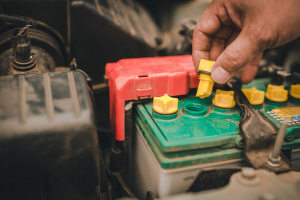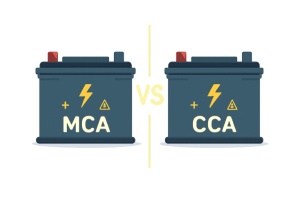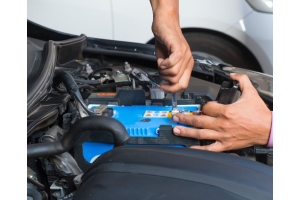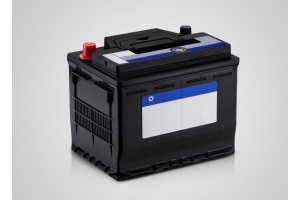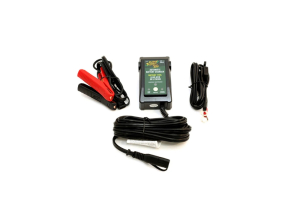How to Dispose of an Industrial Battery
Industrial equipment, such as forklifts and floor sweepers, place an extreme demand on batteries. Consumer batteries have high energy density, but they typically have relatively short life spans. Industrial batteries are uniquely designed to provide the durability, reliability, and long-lasting power that is required in an industrial setting.
What is an Industrial Battery?
Industrial batteries are also known as traction and forklift batteries. The battery can be drained down to 20 percent of the full charge capacity prior to a recharge. In order to accomplish this discharge and recharge cycle on a regular basis, industrial batteries have thicker internal plates than batteries used for automotive applications. Although these plates are thicker, they eventually suffer from positive grid erosion as the plate degrades due to the electrochemical process. Batteries with thicker plates last longer but will eventually reach the end of their serviceable life. Batteries also lose their charge capacity due to improper charging and discharging.

How to Dispose of an Industrial Battery
When a battery fails, you must properly discard the device. Most industrial, deep-cycle batteries are manufactured with plates made from lead-antimony. For disposal purposes, these batteries are classified as lead acid batteries and cannot be discarded in the trash. Lead is considered a hazardous waste and toxic to the environment. You must comply with all applicable local, state, and federal regulations. Recycling and reclamation of batteries is mandatory in some states.
Between 60 and 80 percent of a used battery is reclaimed. Over 95 percent of lead-acid batteries are recycled. The plastic outer shell is used to make new plastic items and the metal is purified to produce new batteries.
Most state laws require that retailers who sell industrial batteries must accept used batteries for disposal. Recycling Centers, Earth 911, Thomas Net and other websites provide a list of recycling centers for each state. Website visitors can also search for local centers based on the zip code. The Environment, Health and Safety Online website has a nationwide directory of disposal facilities and battery recyclers. Contact the company or check the website to ensure that it has the ability to accept your batteries.
If you cannot locate a local retailer, contact the local governmental waste management agency. This office has specific information on where to take batteries for reclamation. The facility will be a hazardous waste collection site or an approved recycling center.
Industrial batteries may contain sulfuric acid, which can leak, even if it is a sealed, maintenance free battery. Ensure that you exercise sufficient safety precautions when you handle the battery. This includes wearing safety glasses and protective gloves to prevent contact with the acid. Turn your vehicle off before you remove the battery. After you disconnect the battery from the cables, place it inside a watertight container. Secure the lid and place the container on a level surface. Avoid exposure to open flames or incendiary devices, such as cigarette lighters, as you transport the battery for disposal.




